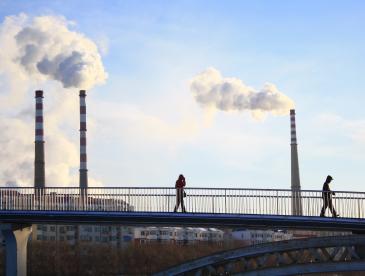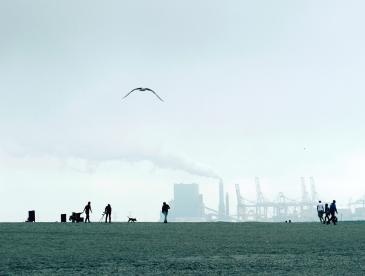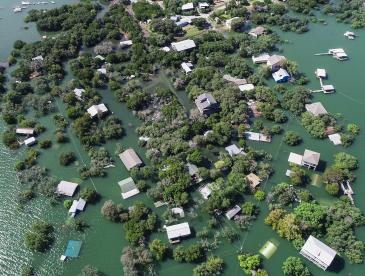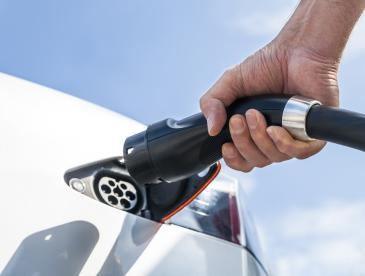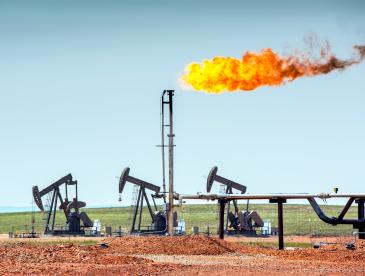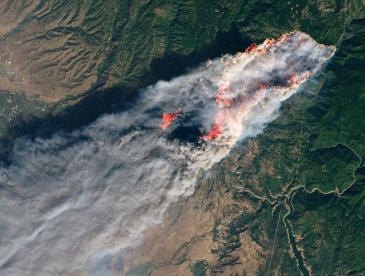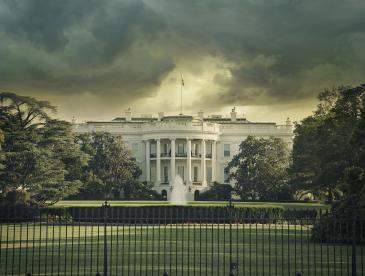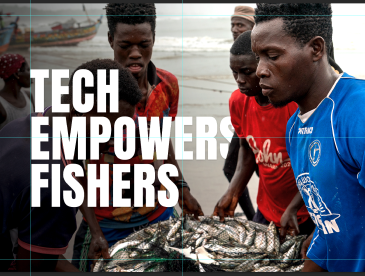
Building a cleaner future
The problem: 2024 was the Earth’s hottest year on record. The evidence of climate change is everywhere. But if we act now, we can limit the worst impacts of global warming, from extreme weather to disrupted food supplies to effects on people’s health. Together, we can create a cleaner, healthier and more stable world.
What we’re doing about it: EDF is ramping up game-changing solutions at a global scale. Because big ideas are only as good as their real-world impacts, we work with many partners — fishers facing dwindling catches, farmers struggling through floods and drought, families breathing polluted air — to build a vital Earth.
Understanding the climate crisis
- Explainer
9 ways we know humans caused climate change
- Explainer
3 big ways climate change is impacting your life
- Explainer
This pollution is making both people and the planet sick
- Video
Bill Nye the Science Guy highlights the fastest way to slow global warming
- Overview
Extreme weather and climate change
- Overview
Cutting greenhouse gases to build a safer climate
Our most-read climate explainers
Check out some of our most popular articles, and other useful explainers.
- Extreme weather: How climate change fuels dangerous heat, hurricanes and wildfires
- Home insurance: The rising cost of disaster insurance in a warming world
- Climate misinformation: Our toolkit for fighting climate misinformation
- Pollution: How burning fossil fuels is hurting our health and the planet
- Methane: Learn more about this potent greenhouse gas
- Hydrogen: Is hydrogen the climate-friendly energy solution we need?
- Climate anxiety: It’s real — staying connected and taking action can help
- Paris Agreement: What is the Paris climate accord, and why does it matter?
Watch: EDF Explains video series
These short videos explain big climate and environmental challenges — and big opportunities. See all videos in the series.
EDF’s Tianyi Sun explains the promise and challenges of hydrogen as a potential climate solution.
Ecosystems like mangrove forests and seagrass meadows help store carbon. Here’s why they are vital.
Our bold solutions for fighting climate change
Here are some of the game-changing ways EDF is building a vital Earth for everyone. See more of our work.
- Article
Planet-warming methane pollution far exceeds EPA estimates
- Initiative
Building climate leaders with EDF Climate Corps
- Expert Voices
FireSAT: A vision for spotting and tracking wildfires faster and more accurately
- Background
How we’re fighting the Trump administration’s dangerous agenda
- Video
Ghana’s traditional fishers are using new tech to bolster climate-smart fishing
- Expert Voices
Global food companies join EDF for a groundbreaking step on dairy methane
You can make a difference now
Take action today to solve the climate crisis. See more ways to get involved.
-
Help stop misinformation
Get the newsletterFight for the truth! Our newsletter will arm you with tips, tools and facts to debunk climate misinformation.
-
Sign a petition
Take actionAdd your name to the millions of people demanding change on environmental issues from leaders in the United States.
-
Explore climate careers
Learn about green jobsGet practical tips and inspiration for launching a planet-saving career. View job boards and other resources.
Our climate change experts
Staff perspective
Now is the time to go all-in on saving what we have and reimagining our future, one with stronger, more resilient communities — with better health and better lives for all.
Amanda Leland
Executive Director











